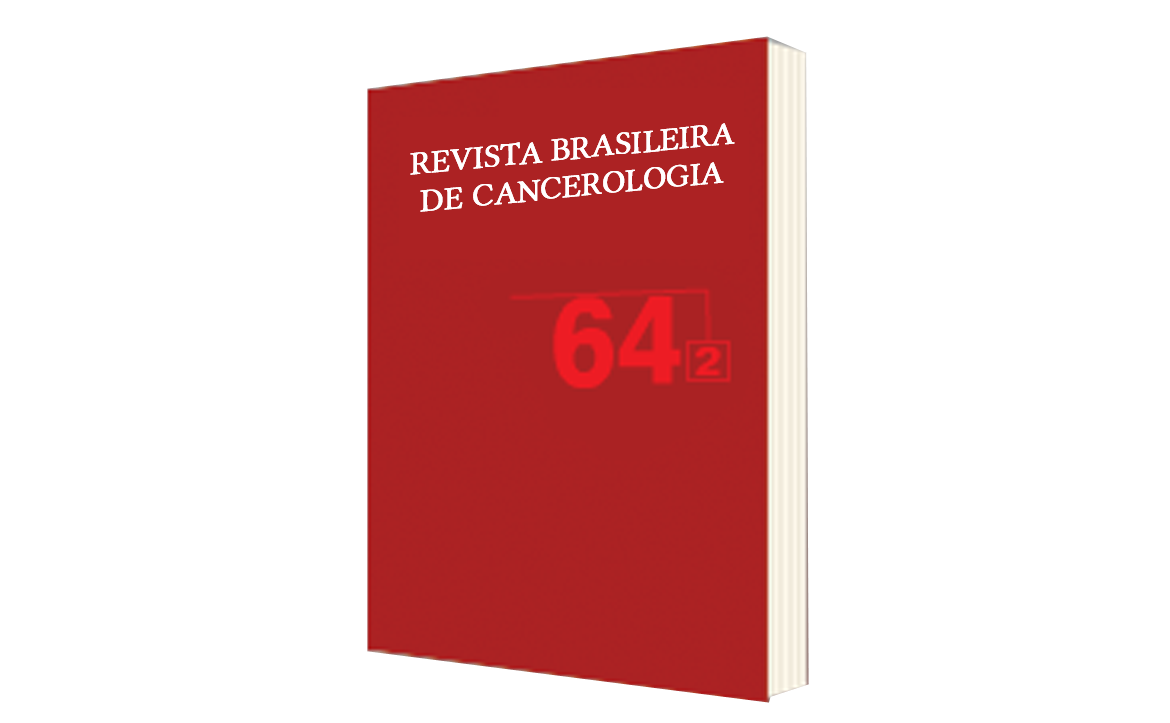Nutritional Parameters in Patients with Cancer attended at a Reference Center in the south of Minas Gerais state, Brazil
DOI:
https://doi.org/10.32635/2176-9745.RBC.2018v64n2.74Keywords:
Cancer, Chemotherapy, Body Mass Index, HypertensionAbstract
Introduction: Nutritional counseling for patients with cancer is very important, because it can prevent utritional deficiencies and other serious complications. Objective: To evaluate the nutritional profile of oncological patients. Method: Cross-sectional study, carried out at a reference center in Oncology, Alfenas, Minas Gerais, Brazil. Dietary and anthropometric methods (body mass index [BMI], triceps skinfold [TS], arm circumference [AB], arm muscle circumference [AMC], and percentage of weight loss [PWL]) were used to trace the nutritional profile of 52 oncological patients (n=52) during chemotherapy. Other conditions of health were also evaluated. Results: There was a predominance of female sex (63%), and the age group >50 years (40% CI95[%] 27-53.7). The type of cancer correlated with patient’s sex (p<0.01). In female sex, the breast cancer had a prevalence of 51%, followed by the uterus cancer (18%). In male sex, the prevalence of prostate cancer was 10%, and, common to both sexes, lung cancer had a prevalence of 15%, being the most prevalent in males (32%). Systemic arterial hypertension was the most reported comorbidity (75%), and motion sickness the most common adverse event (69%). The mean values of the parameters BMI, TS, AB and AMC did not change significantly (p>0.05) at the end of the treatment, but 40% of the patients had a severe PWL, 23% no severe PWL, 4% kept the weight, and 33% presented weight gain. Among the patients evaluated, 48% used nutritional supplements. Conclusion: Nutritional counseling should be developed together with oncological patients, since we showed a variable nutritional profile in a heterogeneous sample of patients.









